Xe Bang Fai Cave, Hin Nam No National Park. (Photo: hinnamno.org)
Attending the 47th Session of the World Heritage Committee in Paris, the delegation of the Ministry of Culture, Sports and Tourism led by Dr. Architect Hoang Dao Cuong - Deputy Minister, together with Associate Professor, Dr. Le Thi Thu Hien - Director of the Department of Cultural Heritage, Professor Dr. Nguyen Van Kim - Vice Chairman of the National Cultural Heritage Council, Dr. Nguyen Viet Cuong - Chief of Office of the Department of Cultural Heritage coordinated with the Lao expert delegation (led by the Lao Minister of Information, Culture and Tourism) to exchange information related to the nomination dossier of Hin Nam No National Park and Phong Nha - Ke Bang National Park, especially issues on the management of the first transboundary natural heritage of Vietnam and Laos.
At the Session, the Vietnamese delegation, with the participation of Mr. Nguyen Minh Vu - Permanent Deputy Minister of Foreign Affairs , Chairman of the Vietnam National Commission for UNESCO, representatives of the Ministry of Culture, Sports and Tourism, agencies under the Ministry of Foreign Affairs, the Permanent Mission of Vietnam to UNESCO in Paris - France, and delegations of provinces with World Heritage in Vietnam, had working sessions with the World Heritage Center and UNESCO Advisory Bodies to discuss issues related to Vietnam's world heritage nomination dossier and world heritage conservation work.
Phong Nha-Ke Bang National Park was ranked as a Special National Scenic Landscape by the Prime Minister in 2009. On July 3, 2003, at the 27th Session of the World Heritage Committee, Phong Nha-Ke Bang National Park was recognized by UNESCO as a World Natural Heritage for the first time and on July 3, 2015, at the 39th Session of the World Heritage Committee, Phong Nha-Ke Bang National Park was recognized for the second time, with a core area of 123,326ha and a buffer zone of 220,055ha. Phong Nha-Ke Bang National Park shares a natural boundary with Hin Nam No National Park of Laos.
The dossier of Hin Nam No National Park nominated by UNESCO for recognition as an extension of the World Natural Heritage Phong Nha-Ke Bang National Park was jointly submitted by the Lao and Vietnamese Governments to UNESCO in February 2024, for consideration by the World Heritage Committee at this Session.
Hin Nam No National Park. (Photo: hinnamno.org)
Through the appraisal process, UNESCO's Advisory Body, the International Union for Conservation of Nature (IUCN), submitted a Decision to the World Heritage Committee at its 47th Session to approve the boundary adjustment of the World Natural Heritage Phong Nha-Ke Bang National Park (Quang Tri Province, Vietnam) to expand to Hin Nam No National Park (Kham Muon Province, Laos), with the name: "Phong Nha-Ke Bang National Park and Hin Nam No National Park" according to criteria on geology, geomorphology, ecosystems and biodiversity.
Phong Nha-Ke Bang National Park and Hin Nam No National Park are among the most outstanding and intact karst landscapes and ecosystems in the world. Located at the junction of the Annam Mountains and the Central Indochina Limestone Belt, straddling the border of Vietnam and Laos.
The karst formations have been developing since the Paleozoic period some 400 million years ago and can be considered the oldest, large-scale karst area in Asia. The diversity of ecosystems found in this complex landscape includes dry karst forests at high altitudes, moist and dense forests at low altitudes, and extensive underground cave environments. Among these underground structures are over 220 km of caves and underground river systems that are recognized as globally significant. The unique biodiversity with some endemic species living in tropical mixed ecosystems also makes it of special value, of global significance.
The management of Phong Nha-Ke Bang National Park and Hin Nam No National Park is proposed in two separate Management Plans (Hin Nam No National Park Management Plan and Phong Nha-Ke Bang National Park Strategic Management Plan).
The joint management of Phong Nha-Ke Bang National Park and Hin Nam No National Park has been signed by localities of Vietnam and Laos for many years, which includes joint activities on law enforcement and development of action plans to protect the values of the heritage.
Phu Cheuang landscape seen from Nong Bua village area, Hin Nam No National Park, Laos (Photo: Jean-Michel Osterman)
Minister of Culture and Tourism, Chairman of the National Heritage Committee of the Lao People's Democratic Republic Suanesavanh Vignaket happily expressed: "Today marks a meaningful day and a proud moment for the Lao Government and the entire Lao society, when Hin Nam No National Park of the Lao People's Democratic Republic has been officially inscribed as an extension of Phong Nha-Ke Bang National Park, a World Heritage Site in Vietnam"
The Minister also affirmed that the Lao Government will continue to cooperate with its Vietnamese counterpart to strengthen cooperation at all levels of society, focusing on enhancing the consultative and inclusive participation of local communities in the management of this precious world heritage.
Red-shanked douc langur (Pygathrix nemaeus) and its baby at Laboi, Hin Nam No National Park. (Photo: Hin Nam No National Park Management Board)
Speaking at the 47th Session, Deputy Minister Hoang Dao Cuong said that the event of “Phong Nha-Ke Bang National Park and Hin Nam No National Park” becoming the first transboundary World Heritage Sites of Vietnam and the Lao People’s Democratic Republic shows the importance of global cooperation through the nomination of common heritage, contributing to the promotion of peace and security from the perspective of UNESCO, further tightening the friendship and solidarity between the two countries.
The Deputy Minister also expressed his wish to invite delegates to visit Phong Nha-Ke Bang National Park and Hin Nam No National Park, to support Vietnam and the Lao People's Democratic Republic in managing this first transboundary World Heritage Site.
Thus, up to now, Vietnam has 9 World Heritages, including 2 inter-provincial World Heritages: Ha Long Bay - Cat Ba Archipelago (Quang Ninh province and Hai Phong city) and Yen Tu - Vinh Nghiem - Con Son, Kiep Bac relic and scenic complex (Quang Ninh, Bac Ninh provinces and Hai Phong city), along with the first inter-border World Heritages Phong Nha - Ke Bang National Park (Quang Tri province - Vietnam) and Hin Nam No National Park (Kham Muon province - Lao People's Democratic Republic).
LINH KHANH
Source: https://nhandan.vn/phong-nhake-bang-tro-thanh-di-san-thien-nhien-lien-bien-gioi-dau-tien-cua-viet-nam-post893451.html


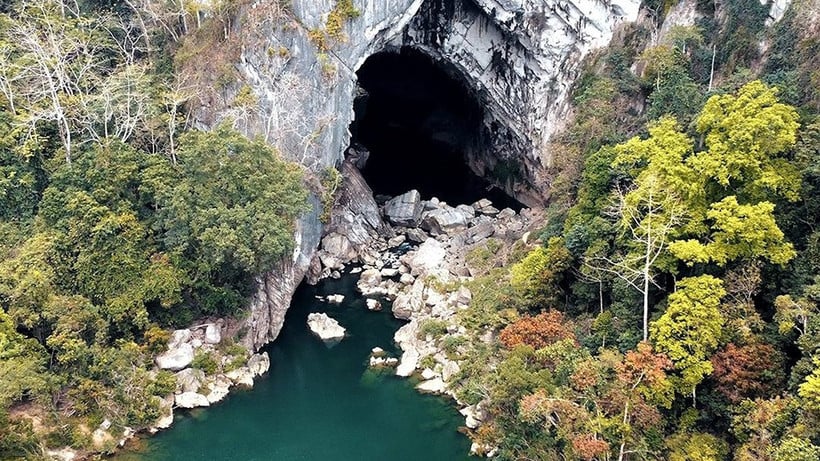
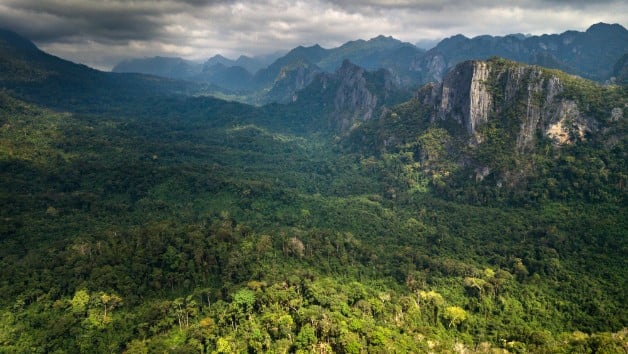
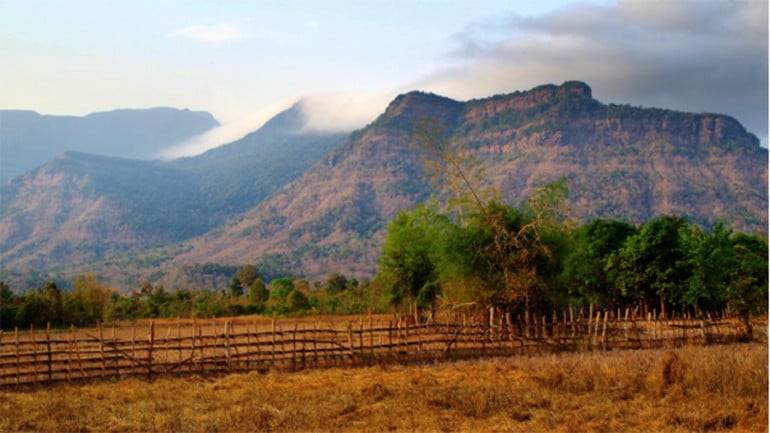
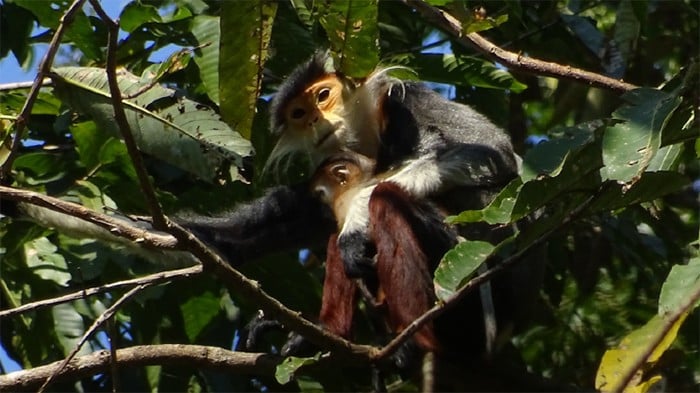
















































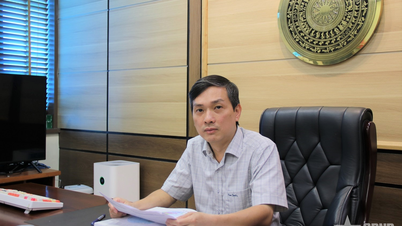














































Comment (0)